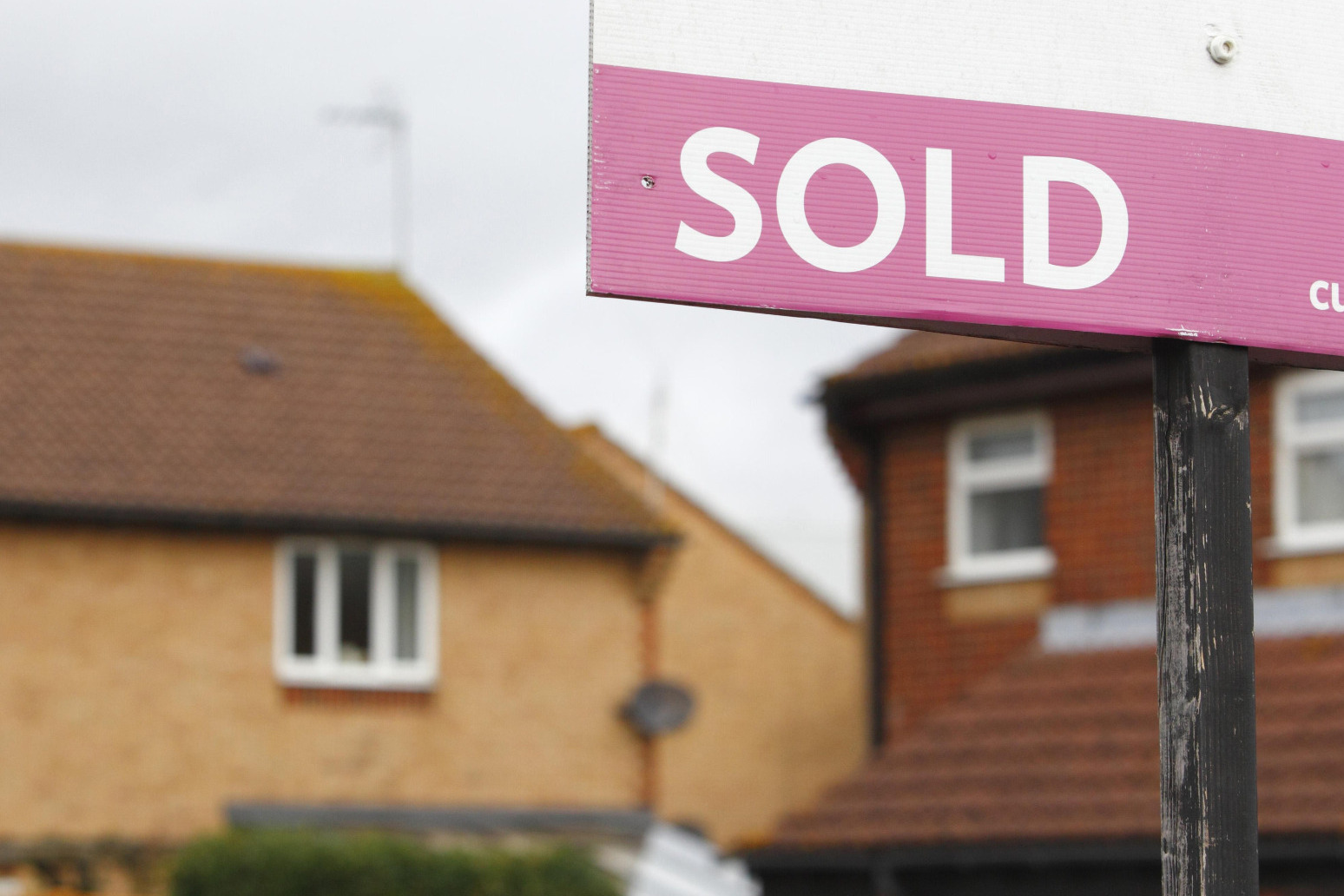
Bank of mum and dad ‘supported 49% of first-time buyer purchases in 2021’
That's according to analysis from the property group Savills
The “bank of mum and dad” will have supported nearly half (49%) of all first-time buyer housing transactions this year, according to a forecast.
Total contributions from parents helping younger generations to buy a home are expected to reach £9.8 billion in 2021, analysis from property group Savills found.
This equates to an average of just over £58,000 in gifts or loans for each supported house purchase.
Rising house prices have increased the pressure on those saving for a deposit, Savills said.
This year is expected to represent a peak of family support, with total contributions projected to fall in 2022 to £7.9 billion, increasing to £8.6 billion in 2023 as family support continues to be a vital source of funding.
Savills based its assumptions on deposit requirements reducing.
In 2020, many low deposit deals vanished from the market in the uncertain economy, but more recently lenders have been bringing them back.
Savills added that bank of mum and dad contributions were estimated at £6.1 billion in 2020, up from £5.0 billion in 2019.
Parents were calculated by Savills to have supported 43% of first-time buyer transactions last year and 39% in 2019.
First-time buyer numbers were impacted in 2020 by lockdown and employment uncertainty, Savills said.
Over the past 10 years, the bank of mum and dad has subsidised first-time buyer activity to the tune of £53.9 billion, helping nearly 1.4 million buyers access their first home, according to Savills’ calculations.
Frances Clacy, Savills residential research analyst, said: “Despite strong levels of activity and price growth across the housing markets, lenders have tended to favour less risky, lower loan to value lending, making it harder for new buyers to access the market for the first time without assistance.
“While we expect lending at a higher loan-to-value ratio to continue to be available, slowly rising interest rates will act as a brake on affordability.”
Published: by Radio NewsHub